
Read or listen offline
Amazon KindleRecommendation
Professor David Shambaugh issues a wake-up call to those who believe that China’s progress is unstoppable. He reports that it must overcome massive impediments to develop fully, and explains why it might not succeed and could become more nationalistic and repressive. Shambaugh links China’s need for innovation and better service sector performance to deeper issues, including the hope that the Chinese Communist Party will relinquish its hold, especially on the financial sector. So far, China has defied the Western idea that economic success requires democratization. getAbstract recommends this keen-eyed overview of China’s economy to those investing or doing business in China, or planning to do so.
Summary
About the Author
David Shambaugh is a professor of Political Science and International Affairs at George Washington University and the director of its China Policy Program. He is also a nonresident Senior Fellow in the Foreign Policy Studies Program at the Brookings Institution.







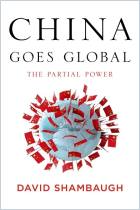
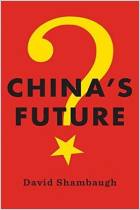
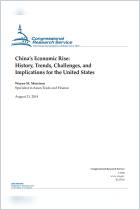

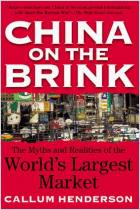

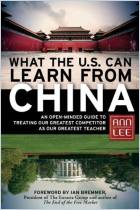


Comment on this summary or Iniciar a Discussão